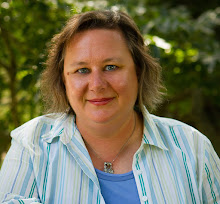The Main Gate with lantern and maple in 2015.
Anderson Japanese Gardens in Rockford, IL is one my favorite places. I try to get there once a year and revel in the calm, controlled delight that is Japanese gardening. If you haven't been, add it to your garden list!
This year I have been privileged to work with their Garden Curator & Head of Horticulture on some Japanese maple articles and research. Anderson has a fine collection of Japanese maple trees, some more than 30 years old. It is still a fine collection, although they have been hit hard by the 2018-2019 winter as it reached -31 in Rockford. It was a true test of the resiliency of plants when it comes to extreme weather caused by climate change. Some cultivars weathered the storms and some didn't. Oddly enough, the burning bushes took a big hit.
The Main Gate with lantern and maple in 2019.
As you can see, this little tree has been lovingly pruned and shaped for many years and has been a key focal point of the gate gardens. Anderson is having to reevaluate their collections and decide what to keep, what to remove, and what to move. None of those will be easy decisions. Extreme weather, be it winter cold, stormy springs, or dry summers will be putting plants to the test for the next decades. In many ways, it can be heartbreaking.
We love our gardens, both private and public. As you work in the yard this spring, I'm sure you're finding plants that didn't make it. I lost some things and some, like my spicebush, died to the snow line, but are slowly coming back. I think we're going to have to be more pragmatic as gardeners and learn to live with losses. I think it serves us well to get to know our little plot of land deeply. Where are your microclimates? Where does winter wind go? I have three Japanese maples and I'll likely add more, but they are going in the most protected corners of my landscape. Where does water linger or which parts dry out fastest? My rain garden has been a treasure-trove of plant and animal diversity. As I write this, a mama monarch is laying eggs on my milkweed. If we can be smarter gardeners and plant for the planet, perhaps we'll have less heartbreak.





